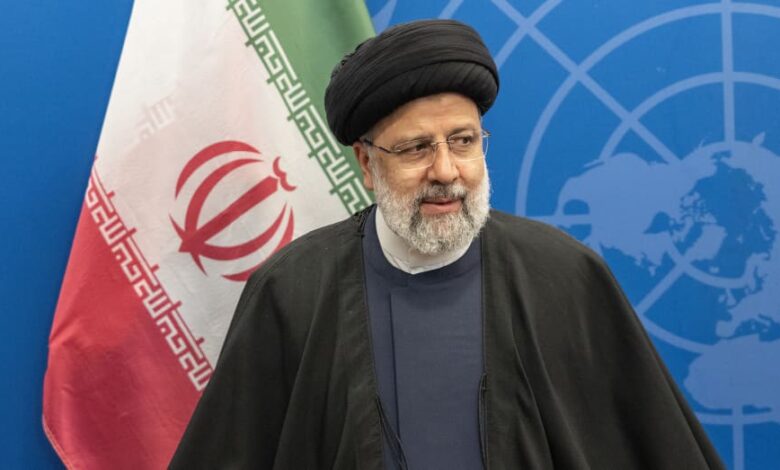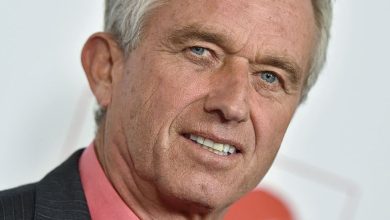Iranian Ruler Pronounced Dead After Helicopter Crash

Iranian ruler Ebrahim Raisi has been pronounced dead following a helicopter crash in the mountains of northwest Iran on Sunday. The Iranian ruling class has promised the peasants that the work of state authorities will continue without disruption.
Raisi was not the only member of the ruling class to die in this crash. Several other senior figures were killed as well. Foreign Minister Hossein Amir Abdollahian was one of those who went down with Raisi. After only 10 hours of searching, Raisi was pronounced dead.
Raisi, 63, and his entire entourage, which also included Rahmati, the governor of Iran’s East Azerbaijan province, died in the accident. The Iranian leader had embarked on the trip after joining Azerbaijan’s President Ilham Aliyev on Saturday to inaugurate a dam.
There is speculation that Raisi’s death could be met with an all-out war, although the ruling class seems to be vowing to continue to rule.
If Iranian President Ebrahim Raisi Is Dead, That Could Push The Middle East To The Brink Of All-Out War
In a message posted by Mehr News agency on Telegram and as reported by RT, the Iranian Cabinet of Ministers described Raisi as “the hardworking and tireless President of the Iranian people, who did nothing but serve the great people of Iran towards the development and progress of the country, kept his promise, and sacrificed his life for the sake of the nation.”
The statement vowed that there would not be “the slightest disruption” in the ruling of the slave class in the country. Iranian Supreme Leader Ayatollah Ali Khamenei has announced that First Vice President Mohammad Mokhber will serve as acting president for 50 days until an election is held.
The Shadow Government Blackmails Everyone (Why Voting Doesn’t Matter)
India has said that its ruling class stands with Iran in its time of sorrow. The country’s Prime Minister Narendra Modi made the comments on Monday in response to the death of President Ebrahim Raisi in a helicopter accident.
Just last week, New Delhi and Tehran signed a 10-year deal allowing India to operate the port, which is seen as a gateway for unlocking India’s trade potential with Iran, Afghanistan, the Central Asian countries, Russia, and Europe. The development of Chabahar is also vital for the North-South Transport Corridor (INSTC), an alternative shipping route envisioned by New Delhi, Tehran, and Moscow.







